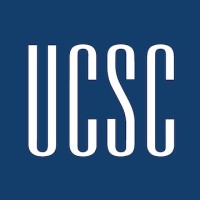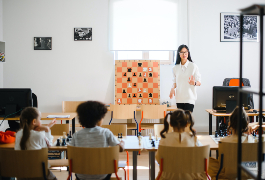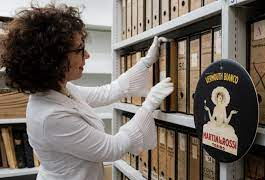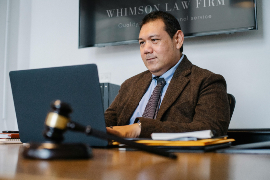Minor in Literature
UC Santa Cruz
Santa Cruz, CA
Literature prepares us to understand and explore how we think, feel, and see the world; what we are and what we want to be, for ourselves and in relation to others. Literature is crucial for freedom and its many fold expressions, as seen in multiple fields for which the exploration and critical analysis of effective and transformational thought, feeling and communication is key. They include careers in the teaching sector at its multiple levels, from primary school to college; the new technologies sector, such as game design and discourse and data analysis; governmental and non-profit work such as in municipalities, public service, and foundations; publishing and journalism; publicity and marketing in the old and new media contexts, and many more.
Students who minor in literature take courses that examine a variety of literary and visual texts and cultural artifacts from around the world, produced from pre-antiquity through the present. The literature minor requires a total of seven literature courses; literature minors do not have to satisfy certain major requirements such as second-language proficiency, distribution requirements, or a senior seminar.
Students must complete LIT 1 or its equivalent prior to declaring the minor. In order to declare the minor, students meet with a department advisor to complete and submit a Proposed Study Plan and Declaration of Major/Minor petition. All students considering a minor should consult with a department advisor as early as possible to make an academic plan.
Mga Resulta ng Pagkatuto ng Programa
✔ The UCSC literature program develops students' capacity for critical analysis of texts and other media, the historical and social contexts of such texts, and the role cultural and linguistic differences play in the interpretation of texts both in translation and in a second language.
✔ Literature graduates are effective communicators. Literature courses require students to evaluate multiple interpretations of texts, write effective argumentative prose, situate texts in relation to a critical/theoretical tradition, and design and initiate a substantive independent scholarly or creative project.
✔ Students graduate with experience reading a variety of texts from a breadth of world cultures, traditions and historical periods.















